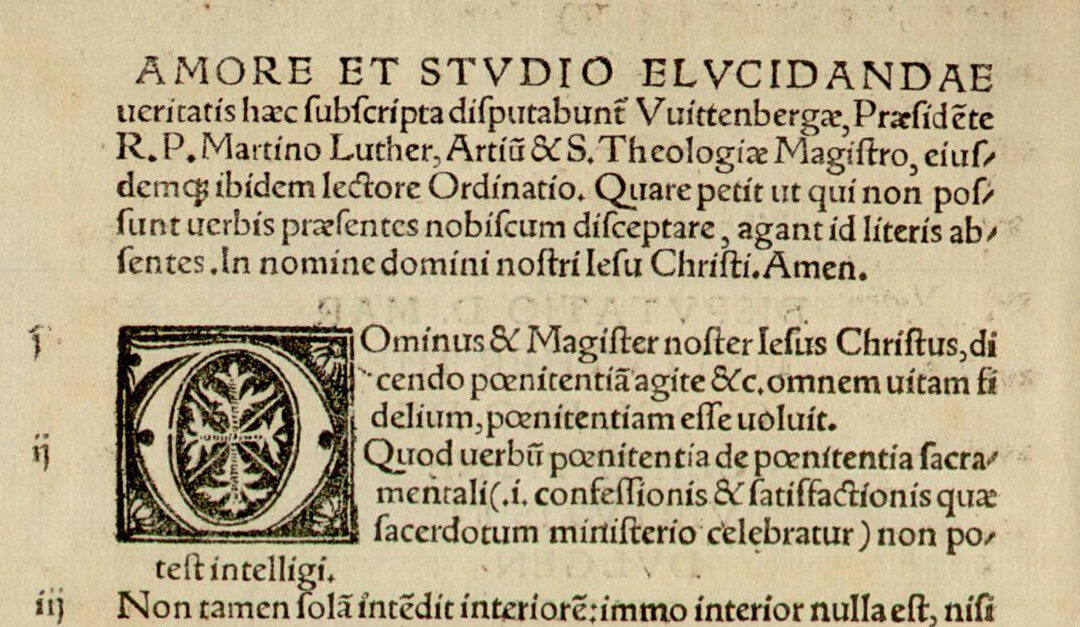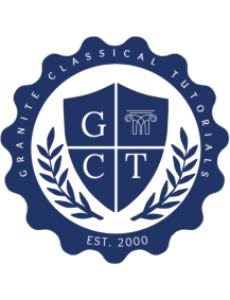At “Back to Granite Night” earlier this week I had the pleasure of introducing Granite’s theme for the 2017-2018 academic year: Stand for Truth.
Our theme is inspired by none other than Martin Luther, who made the famous stand for biblical doctrines by nailing his Ninety-Five Theses to the door of the Wittenberg Church 500 years ago this October.
Several years after the 95 theses, Luther was proscribed at the Diet of Worms. This is when he made what has come to be known as his “Here I Stand” speech. Accounts of the speech vary, but he ended that speech with something to the effect of this:
If, then, I am not convinced by proof from Holy Scripture, or by cogent reasons, if I am not satisfied by the very text I have cited, and if my judgment is not in this way brought into subjection to God’s word, I neither can nor will retract anything; for it can not be right for a Christian to speak against his country. I stand here and can say no more. God help me. Amen.”
Our desire is for our students to grow up to be Christian men and women who can make that kind of stand for truth—who know they ultimately belong not to an earthly kingdom, but to the kingdom of God, and who will refuse speak against their country.
This theme is one that our tutors and administration have been thinking about since we met for tutor training back in August. We’ll be weaving this theme into chapel throughout the year, and highlighting it where it already frequently appears in Granite’s curriculum: history will underscore the many bold men and women of the past who have stood for truth; logic and science will emphasize the importance of logical, careful, and evidence-backed reasoning in making legitimate stands for truth; rhetoric will help students learn to make a compelling case for truth; scripture memory and study will bulwark our students’ understanding of truth–the list goes on and on, because truth is one of the foundational pillars of a classical education.
In chapel, we’re starting every Granite day with some thoughts on what it means to stand for truth, or with a spotlight on a biblical or historical figure who stood for truth.
At the end of every chapel, the chapel leader sends the student body off to study truth, goodness and beauty, and to cultivate wisdom and virtue with a dismissal charge that reflects the theme for the year.
This year, Granite students receive the charge, “Stand for truth,” and before they head off to their classes, the students echo Luther in their response: “I can do no other!”
Aubry Myers is the Director of Classical Education at Granite Classical Tutorials.


